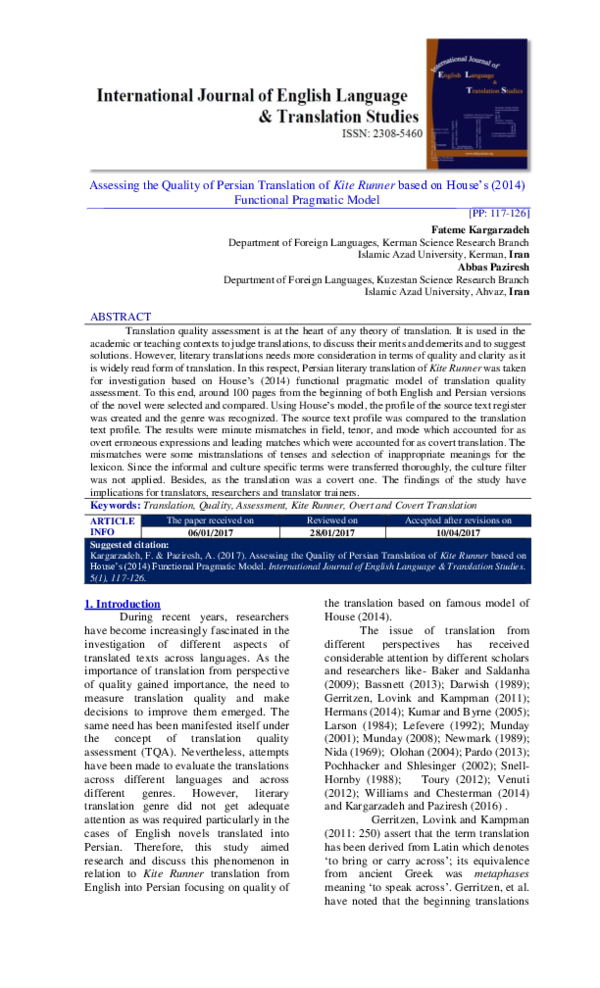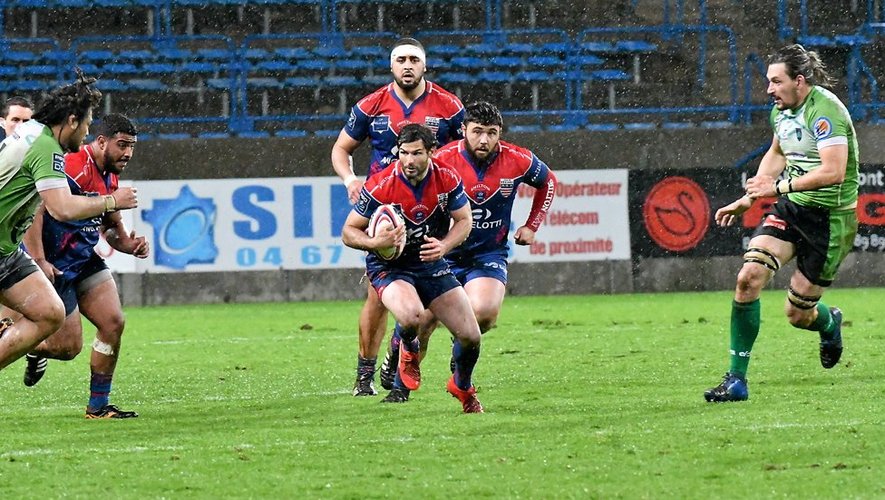The Kite Runner And Nigeria: Exploring Pragmatic Choices In A Challenging Context

Table of Contents
Betrayal and Redemption in the Context of Nigerian Society
Amir's betrayal of Hassan, his childhood friend, forms the cornerstone of The Kite Runner's narrative. This act of cowardice, born from fear and self-preservation, haunts Amir for years, shaping his life's trajectory. This resonates deeply with the Nigerian experience, where betrayal manifests in various forms.
Amir's Betrayal: A Reflection of Nigerian Realities
Amir's betrayal reflects a broader human tendency to prioritize self-interest in the face of adversity. In Nigeria, this manifests in several ways:
- Political Corruption: Betrayal of public trust by elected officials is a pervasive issue, leading to misappropriation of funds and neglect of the populace.
- Broken Promises: Broken promises at both personal and societal levels erode trust and hinder development. This can be seen in unfulfilled campaign pledges or broken agreements within communities.
- Economic Exploitation: Exploitation of workers and marginalized groups represents a form of betrayal, highlighting systemic inequalities.
The consequences of such betrayals are far-reaching, impacting social cohesion and undermining faith in institutions. The lack of accountability exacerbates the problem, creating a cycle of distrust. The sheer scale of corruption in Nigeria, documented in numerous reports by organizations like Transparency International, underscores the pervasive nature of this betrayal.
The Path to Redemption: Finding Atonement in Nigeria
Amir's arduous journey towards redemption offers a glimmer of hope. His eventual confrontation with his past and his attempts to atone for his actions provide a framework for understanding similar processes in Nigeria. However, the path to redemption in Nigeria is often fraught with obstacles:
- Social Stigma: Individuals who have committed acts of betrayal often face social stigma, making reconciliation difficult.
- Lack of Institutional Support: Effective mechanisms for restorative justice and rehabilitation are often lacking.
- Cultural Barriers: Traditional cultural norms can sometimes hinder processes of forgiveness and reconciliation.
Despite these challenges, numerous examples exist of individuals and groups actively seeking redemption in Nigeria. Community-based initiatives focused on peacebuilding and reconciliation provide avenues for addressing past grievances and fostering healing. The stories of individuals who have publicly acknowledged wrongdoing and sought to make amends demonstrate the possibility of redemption even within challenging circumstances.
Friendship and Loyalty in a Challenging Environment
The complex and enduring friendship between Amir and Hassan in The Kite Runner highlights the power of loyalty in the face of adversity. This theme finds strong parallels in the Nigerian context, where maintaining strong bonds of friendship often requires navigating significant hardship.
The Enduring Friendship Between Amir and Hassan: A Nigerian Parallel
The bond between Amir and Hassan, despite its ultimate fracturing, illustrates the resilience of friendship. In Nigeria, friendships are often forged within challenging environments, strengthening bonds in the face of shared struggles:
- Family Loyalty: Family ties often form the backbone of support systems in Nigeria, with strong emphasis on loyalty and mutual obligation.
- Community Solidarity: In many communities, a strong sense of collective responsibility and mutual support exists, even amidst hardship.
- Navigating Corruption: Friendships can provide crucial support networks for navigating a complex system characterized by corruption and inequality.
Loyalty is tested in various ways, but it is frequently the bedrock of survival and mutual support in the face of adversity. The strength of these bonds reflects a deep-seated value within Nigerian society.
Navigating Social and Economic Hardship: Resilience in The Kite Runner and Nigeria
Both The Kite Runner and the Nigerian experience showcase the extraordinary resilience of individuals in the face of poverty and conflict. The characters' struggles to survive, to provide for their families, and to maintain their dignity mirror the daily realities faced by millions of Nigerians.
- Resourcefulness and Innovation: Individuals often demonstrate remarkable resourcefulness and innovation in adapting to challenging circumstances. This is seen in the informal sector's dynamism and the ingenuity of people in overcoming obstacles.
- Community Support: Mutual aid and community-based support networks play a vital role in cushioning the impact of poverty and hardship.
- Hope and Perseverance: Despite immense challenges, the human spirit often perseveres, fueled by hope for a better future. This is reflected in the unwavering spirit of many Nigerians despite considerable social and economic difficulties.
Pragmatic Choices and Moral Dilemmas
The Kite Runner presents a series of morally complex situations where characters are forced to make difficult choices. These dilemmas mirror the challenges faced by individuals in Nigeria.
Difficult Decisions Under Pressure: Moral Compromises in Two Contexts
The characters in The Kite Runner frequently find themselves making difficult decisions under immense pressure. These choices, while sometimes morally ambiguous, are often driven by pragmatic considerations of survival and self-preservation. This resonates strongly within the Nigerian context.
- Corruption and Bribery: The pervasive nature of corruption often forces individuals to make morally compromised choices to navigate bureaucratic processes or secure basic necessities.
- Economic Survival: Poverty often compels individuals to engage in activities that may be ethically questionable but are necessary for survival.
- Religious and Ethnic Conflicts: Navigating religious and ethnic tensions can necessitate making difficult choices with potentially significant moral implications.
These difficult choices highlight the complex interplay between individual morality and the constraints of socio-political realities. The consequences of these decisions can have significant implications for individuals, families, and society as a whole.
The Impact of Cultural Context: Shaping Moral Judgments
The cultural context significantly shapes the decisions made by characters in The Kite Runner and those faced by individuals in Nigeria. Understanding these cultural nuances is crucial for interpreting their actions and evaluating the morality of their choices.
- Cultural Norms and Values: Differing cultural norms and values influence perceptions of morality and acceptable behavior. What may be considered a pragmatic choice in one culture might be deemed morally reprehensible in another.
- Social Hierarchy and Power Dynamics: Power imbalances within society can significantly influence decision-making and moral choices.
- Religious Beliefs and Practices: Religious beliefs and practices often play a significant role in shaping moral judgments and influencing ethical conduct.
Comparing the Afghan and Nigerian contexts reveals both similarities and differences in the way cultural factors shape moral decisions. While the specifics may vary, the underlying struggle to reconcile personal morality with societal pressures remains a universal theme.
Conclusion
By exploring the pragmatic choices in The Kite Runner and their reflection in the Nigerian context, we gain a deeper understanding of the human condition. The novel's exploration of betrayal, redemption, and the enduring power of friendship, amidst immense hardship, mirrors the struggles and triumphs of individuals navigating complex social realities in Nigeria. The key takeaway is the universality of the human experience—the challenges of making difficult decisions, the importance of forgiveness, and the power of human connection, even within challenging contexts. Continue the conversation on the universal themes present in The Kite Runner and their application to understanding complex societal issues in Nigeria. Further research into the impact of similar societal pressures in different cultures will only broaden our understanding. The parallels between The Kite Runner and the Nigerian experience offer a rich opportunity for further exploration of pragmatic choices in challenging contexts.

Featured Posts
-
 Todays Nyt Mini Crossword Solutions February 25th
May 20, 2025
Todays Nyt Mini Crossword Solutions February 25th
May 20, 2025 -
 Pro D2 L Asbh A Biarritz Un Defi Mental
May 20, 2025
Pro D2 L Asbh A Biarritz Un Defi Mental
May 20, 2025 -
 D Wave Quantum Qbts Stock Mondays Market Activity Explained
May 20, 2025
D Wave Quantum Qbts Stock Mondays Market Activity Explained
May 20, 2025 -
 Bribery Scandal 4 Star Admiral Found Guilty
May 20, 2025
Bribery Scandal 4 Star Admiral Found Guilty
May 20, 2025 -
 Legal Ruling Impacts E Bay Section 230 Doesnt Shield Banned Chemical Sales
May 20, 2025
Legal Ruling Impacts E Bay Section 230 Doesnt Shield Banned Chemical Sales
May 20, 2025
